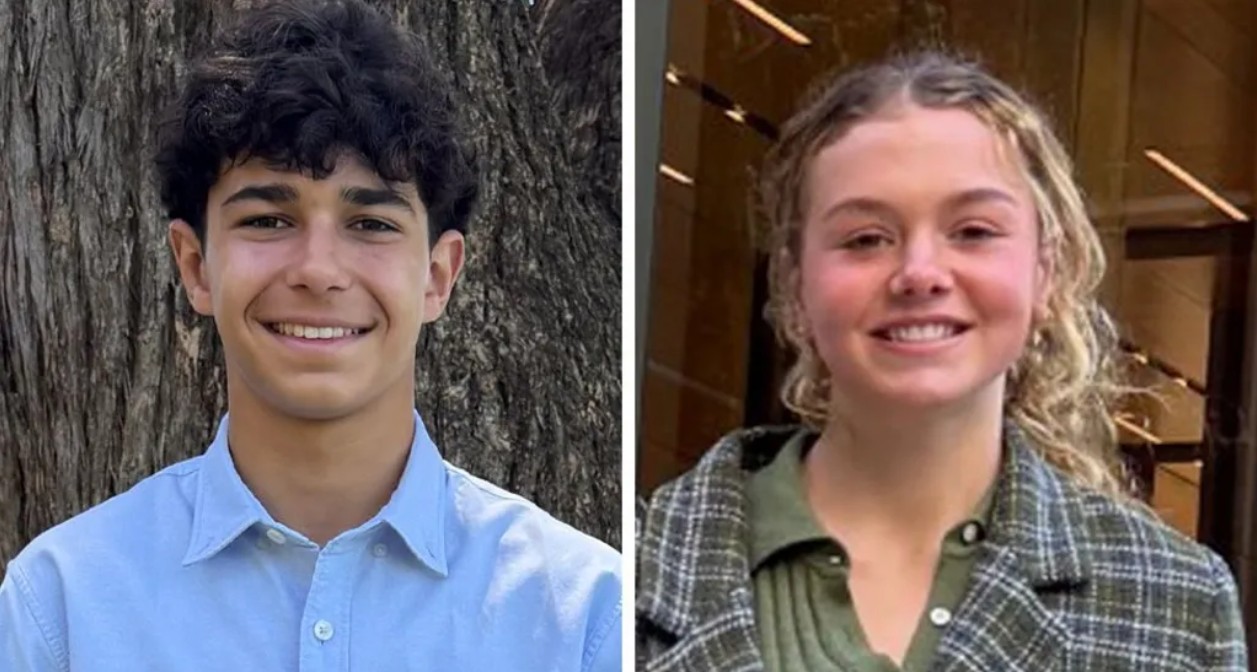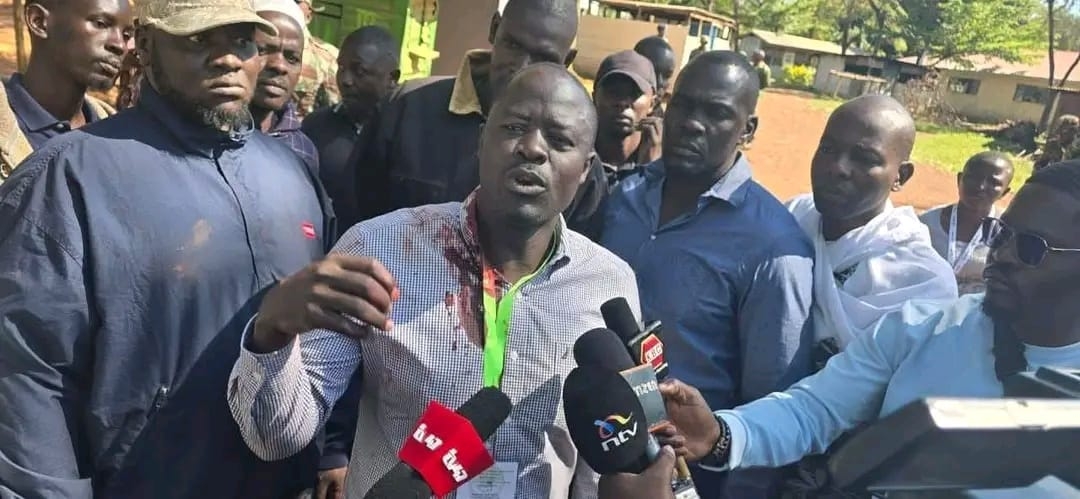
Social media companies and the Australian government should be using their resources to remove predators and harmful content from platforms rather than banning under-16s, teenagers challenging the law have said.
From 10 December, social media firms - including Meta, TikTok and YouTube - must ensure that young Australians cannot hold accounts on their platforms.
Campaigners and the government say the law is necessary to protect children from harmful content and algorithms that can promote it to users.
But the policy is being challenged in the nation's highest court by two 15-year-olds, backed by a rights group, who say it robs them of their right to free communication.
One of them, Noah Jones, told BBC Radio 4's Today programme there were bad things online but that did not mean banning under-16s was the right answer.
"We shouldn't be using the resources and money of these social media platforms to try to avoid fines from our government," he said.
"They should be using this money and resources to try to get rid of the predators and harmful content out there."
Macy Newland, who is bringing the challenge alongside Noah, admitted that she believed there were problems with social media, gaming and screen time in general.
But she told the BBC they also brought "so much good", such as education, communication and inclusion with society.
Ms Newland said that, rather than a blanket ban, what was needed was better education about online harms, enhanced safety measures - such as age verification - and resources about how to use social media appropriately.
The pair argue the ban would impact their relationships and particularly their sources of knowledge about politics.
"Democracy doesn't start at 16 as this law says it will," Ms Newland said.
The Digital Freedom Project (DFP), which is led by New South Wales parliamentarian John Ruddick, announced the case had been filed in the High Court on Wednesday.
After news of the legal challenge broke, Communications Minister Anika Wells told the Australian parliament that the government would not be swayed.
"We will not be intimidated by threats. We will not be intimidated by legal challenges. We will not be intimidated by big tech. On behalf of Australian parents, we will stand firm," she said.
Though opposed by the tech companies who will be charged with enforcing it, the ban is supported by most Australian adults, according to polls.
However, some mental health advocates say it may cut children off from connections with peers, while others say it could push youngsters to even-less-regulated corners of the internet.













